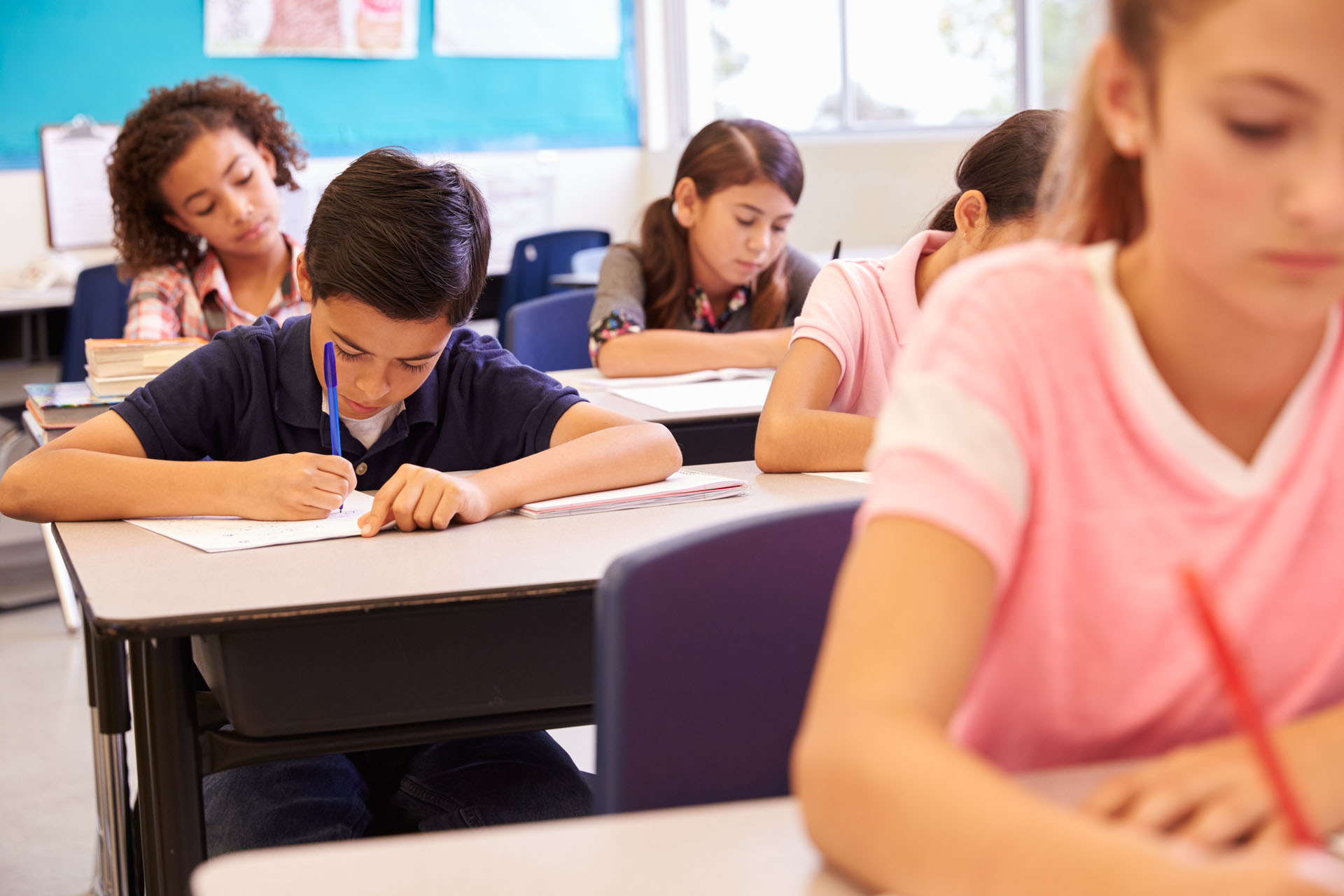
The National Assessment Program – Literacy and Numeracy (NAPLAN) results were released on the 4th August2015 with interesting results. NAPLAN according to the NAP website “provides a measure through which governments, education authorities and schools can determine whether or not young Australians are meeting important educational outcomes”. In other words, NAPLAN is a form of standardised testing across all Australian States and Territories that assess whether students are meeting certain targets and objectives in the following key areas: reading, writing, spelling, grammar and punctuation, and numeracy. Only students in Year 3, 5, 7 and 9 sit the test.
Although no one test is perfect in assessing capabilities of diverse population like Australia, it is widely accepted that NAPLAN is the leading instrument in measuring educational outcomes.The tests are sat at the beginning of Term 2 every year and parents receive results mid Term 3 of the same year. The package of results that parents receive includes specific results about their child’s performance in each of these subject areas in respect to:
Schools also receive a package of assessment results that inform them about each child’s level of attainment, as well as numerous data graphs that show how their school performed as compared to other ‘like’ schools. ‘Like’ refers to schools with similar populations and numbers of students.
Parents can also view useful information about their child’s school results by visiting the ACARA website and entering the name of their child’s school.
The 2015 preliminarily results released in August 2015 show how the performance of NSW students’ advances as they go through their schooling years. The chart below highlights movements in educational outcome, measured as at or above the Minimum National Standard.
Figure 1: NAPLAN Results by Schooling Year (NSW)
Two trends highlighted above which should be of concern to all parents are the decline in Grammar and Punctuation and in Persuasive Writing. In 2015, 95.2 per cent of Year Three students in NSW scored at or above the National Minimum Standard compared with 89.1 per cent of Year Nine students. Similarly, 96.4 per cent of Year Three students were able to meet or exceed the National Minimum Standard compared with only 79.6 per cent of Year Nine students representing an alarming 17.4 per cent decline in assessment performance.
Examining performance in Grammar and Punctuation alone over the previous five years shows that Year 9 students have consistently achieved at levels lower to their younger peers as the graph below shows. In 2013 for example 88.3 per cent of Year Nine students scored at or above the National Minimum Standard, compared to 96.4 per cent of Year Three.
Figure 2: Percentage of students at or above NMS – Grammar and Punctuation
A similar analysis for Persuasive Writing over the same five-year period indicates similar performance issues as shown in the table below.
Figure 3: NAPLAN Persuasive Writing results, is this concerning to you?
These deteriorations in assessment results indicate that as school children age, their ability to master grammar and punctuation rules deteriorate either as a result of the complexity of texts they interact with, or the more likely effect of social media and informal methods of communication that infiltrate their lives as they grow. While numerous studies have found that text-messaging and social media alone don’t adversely affect the development of literacy skills, it’s the amount of time spent online and social media which has the most impact on not only children’s education but their overall wellbeing. A 2004 study found that children who were addicted to social media and the internet and classified as “dependent” would delay other work to spend time online and going as far as losing sleep on a regular basis.
Commenting on the 2015 results the NSW Minister for Education, Adrian Piccoli stated that the State is “10 to 15 years” behind countries like New Zealand, Canada and Finland in certain areas. Although Mr Piccoli’s comments are alarming and should cause parents to be concerned with the educational performance of their children, students enrolled at Global Education Academy have consistently lead their peers in educational outcomes and develop sophisticated learning techniques and skills that can be applied in their future education and day-to-day life.
We acknowledge that NAPLAN is an important assessment program for all students as it provides essential information for teachers in ensuring all students acquire the skills the syllabuses are designed to teach. Teachers can specifically hone in on the skills the students have not mastered, and teach these skills, rather than repeat skills already learnt.
*Provide information to parents about how to interpret their child’s results and how their child’s school performed according to the state and national averages.
For further information on how GEA can help you understand NAPLAN or help your child improve on his/her NAPLAN attainment, please call our office on 02 8084 1010
Our staff will be only very happy to assist you, we are happy to take any questions regarding both NAPLAN and our tutoring centre of excellence.







